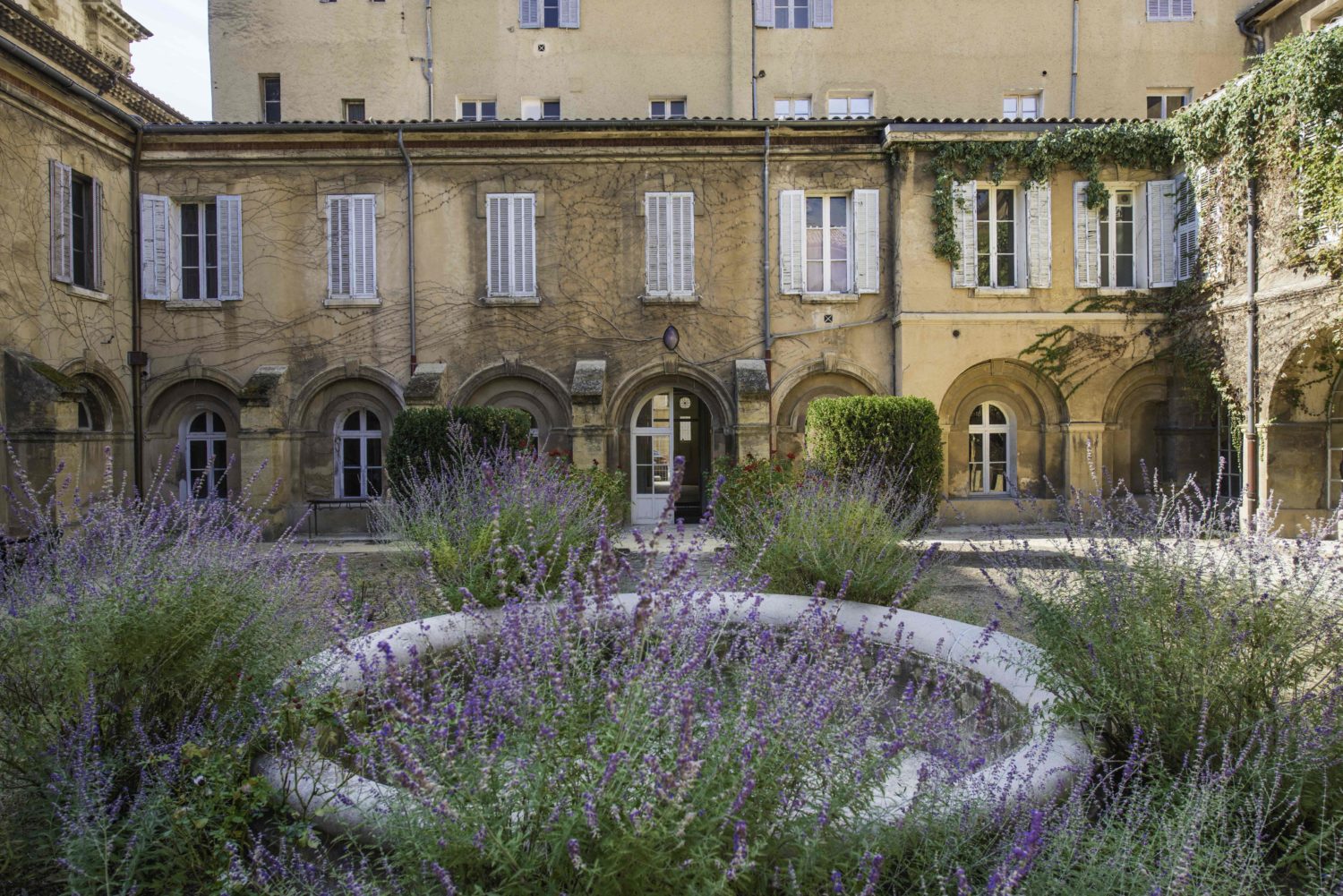
Catherine Hutin-Blay, the only daughter of Pablo Picasso’s second wife Jacqueline Roque, is opening a museum in the South of France to house her extensive Picasso collection. Hutin-Blay, now 70, owns the world’s largest collection of works by the towering Spanish artist.
A representative for the local town council told artnet News that Hutin-Blay’s collection, which she inherited from her mother, contains around 2,000 works, mostly from the period between 1952 and 1973 when Roque was with Picasso. It comprises more than 1,000 paintings, with the rest consisting of drawings, ceramics, sculptures, painted plates, and photographs. (The story was first reported by the Art Newspaper.)
Hutin-Blay wants to dedicate the museum to the painter and her mother, whose 11-year marriage was the artist’s last. The couple is entombed together in the Château of Vauvenargues, not far from the proposed site for the museum. During their marriage, Picasso painted more than 400 portraits of Roque.
The new museum will be built inside the former convent College of Preachers in Aix-en-Provence. The municipal council has owned the 13th-century building since it was decommissioned by a prefectural order in 2016. The council approved the sale of both the building and its adjoining cloisters for €11.5 million ($14.1 million) to Hutin-Blay’s company, Madame Z, in December of last year.
A photo taken on October 22, 1961, shows Spanish painter Pablo Picasso and his wife Jacqueline sharing a private moment in their house in Vallauris. Photo: Andre Villers/AFP/Getty Images.
The company is named after Roque’s villa in the French Riviera—and one of Picasso’s most famous portraits of her. It was set up in 2017 for the “creation and commercial exploitation of museums,” according to its mission statement. The company will oversee the development of the Jacqueline and Pablo Picasso museum, including restoration of the building and cloisters.
Due to open in 2021, the museum will include three levels, devoting more than 10,000 square feet to permanent exhibitions, and over 5,000 square feet to temporary exhibitions. There will also be a research center, pottery and engraving workshops, and a 200-seat auditorium.
According to the council, Hutin-Blay intends for the museum to accommodate between 450,000 and 500,000 visitors per year, or around 1,500 visitors per day. “The company is committed to producing the museum and its related activities within three years of obtaining the necessary authorizations for the implementation of the project,” the council spokesperson said.
The collège des Prêcheurs, courtesy Aix en Provence city council.
Hutin-Blay, who is notoriously press-shy, could not be reached for comment, but she spoke to the regional daily La Provence last year about the genesis of the project. “My mother died in 1986. It took me a while to pay inheritance tax. Since then, I have not stopped lending and touring what belongs to me. This is the mission I gave myself. And it has no economic vocation, I am not trying to make money but to share what I have received,” she said.
Hutin-Blay also recently announced a major loan to a Berlin museum for a huge Picasso show next year. In March 2019, the Museum Barberini will display works chosen by guest curator Bernardo Laniado-Romero from Hutin-Blay’s rarely seen collection, including some works showcased for the first time ever in a museum setting. In June of this year, the museum is hosting a public conference with Picasso experts focusing on, among other things, Jacqueline Roque’s pivotal role in the artist’s enduring legacy.
The collège des Prêcheurs, courtesy Aix en Provence city council.